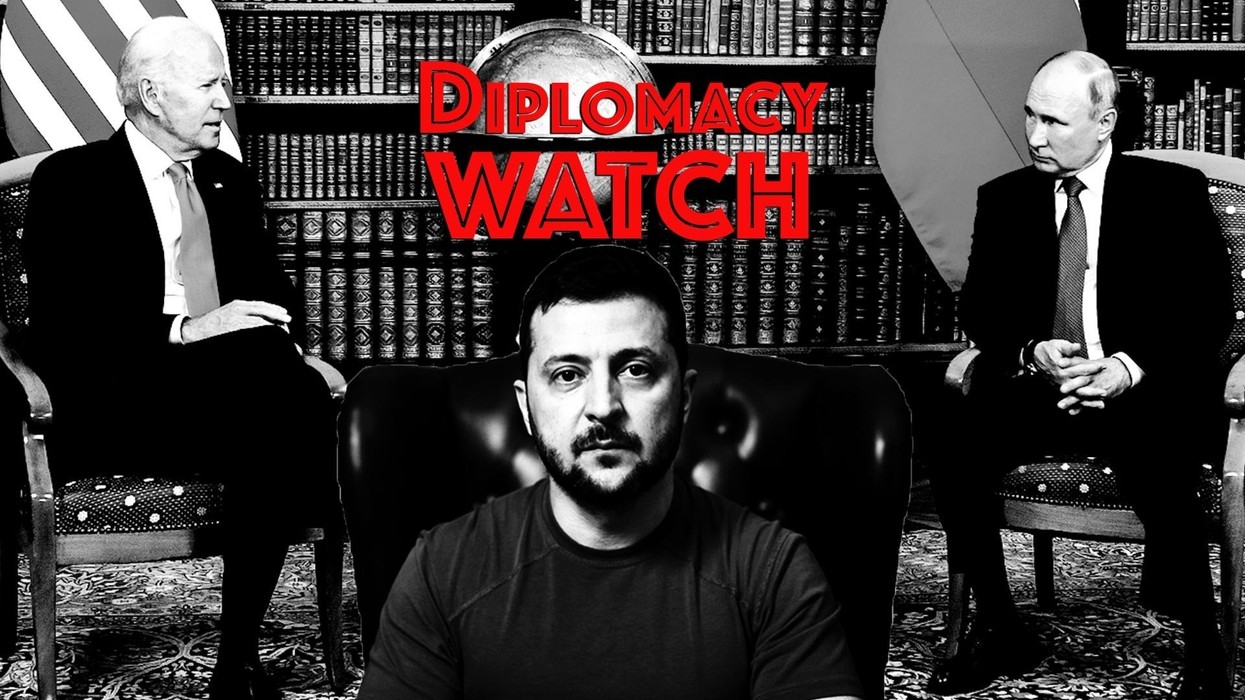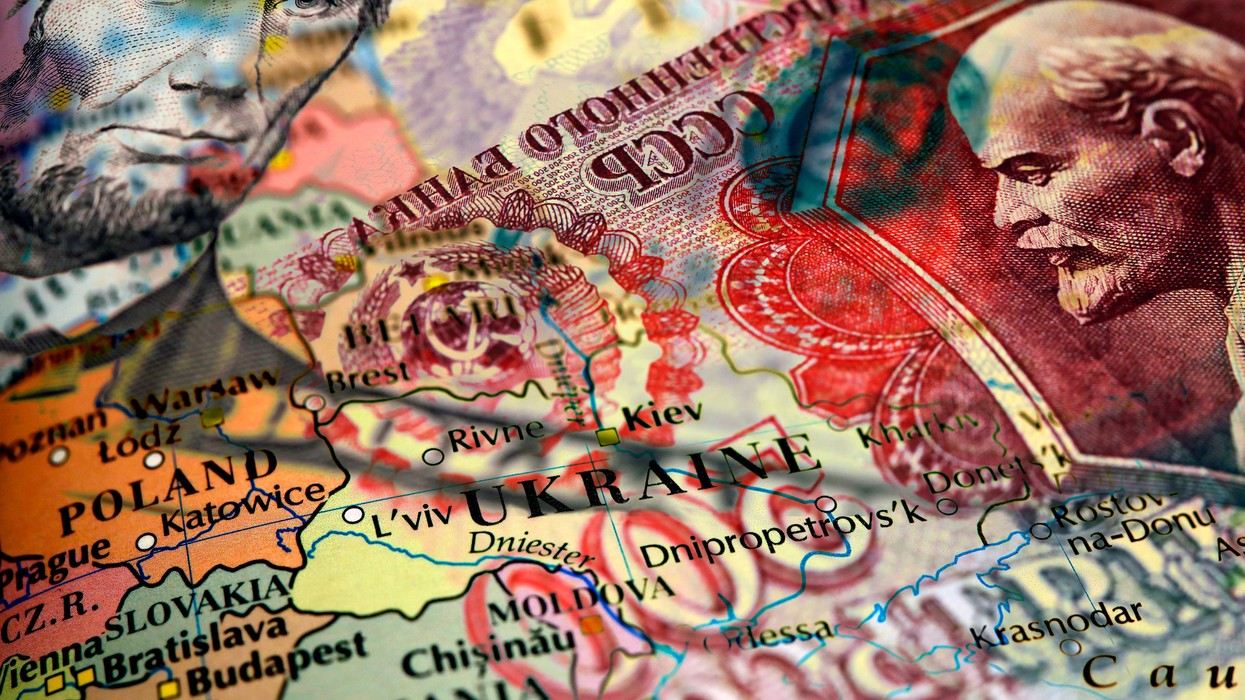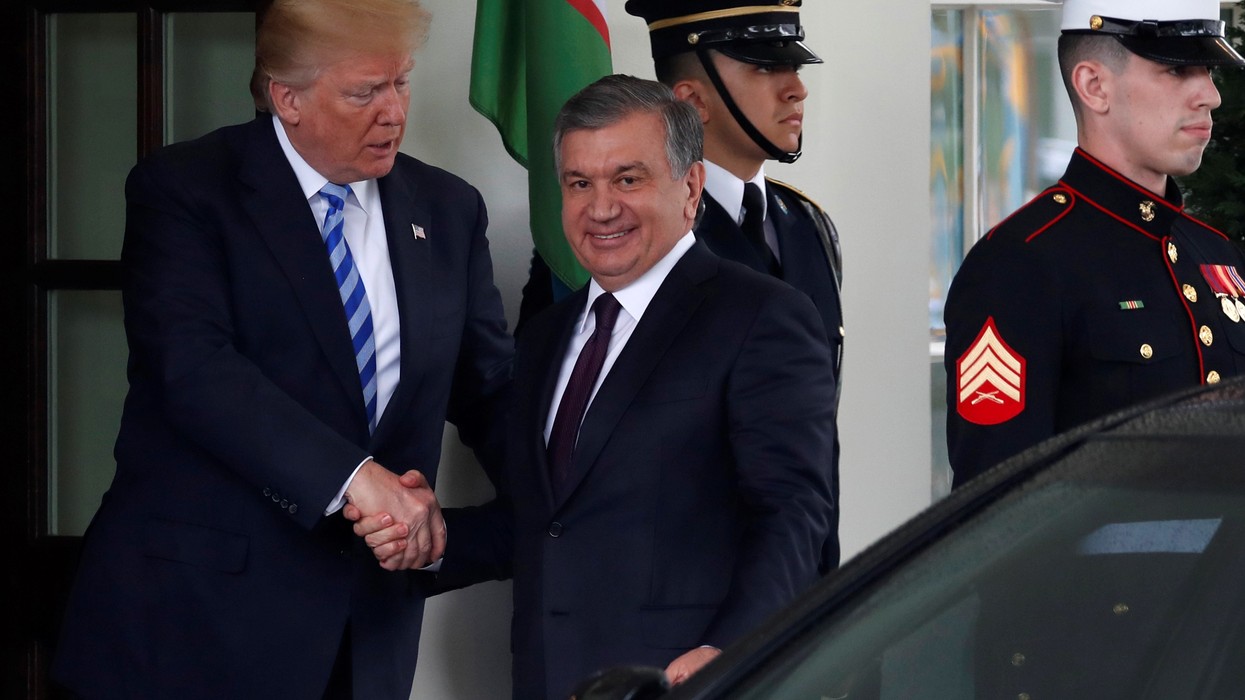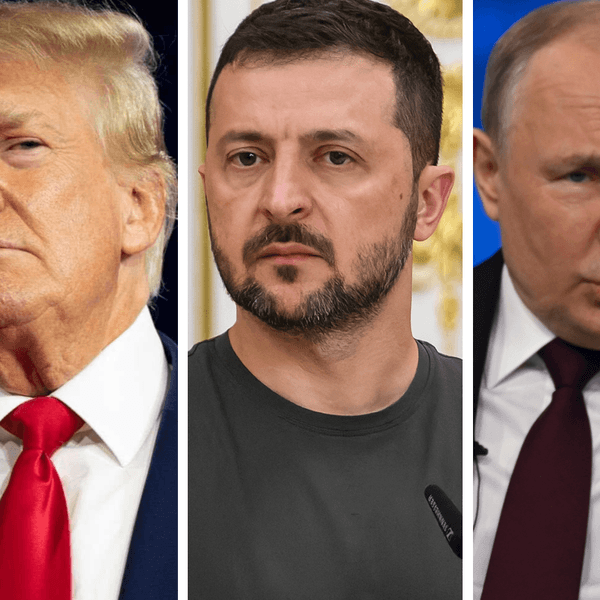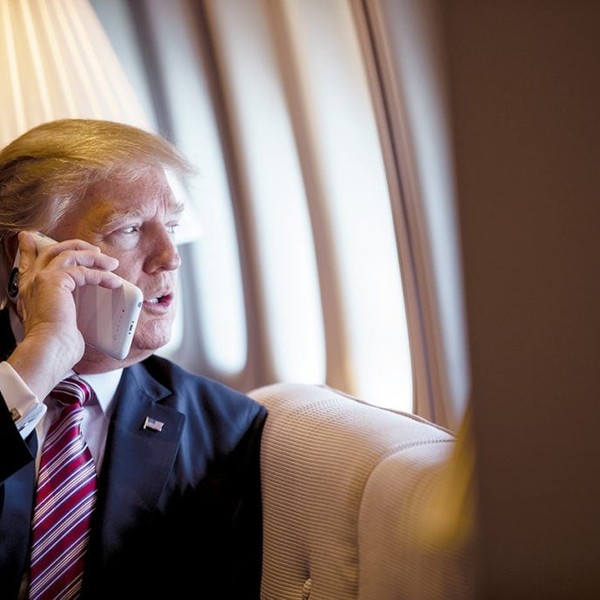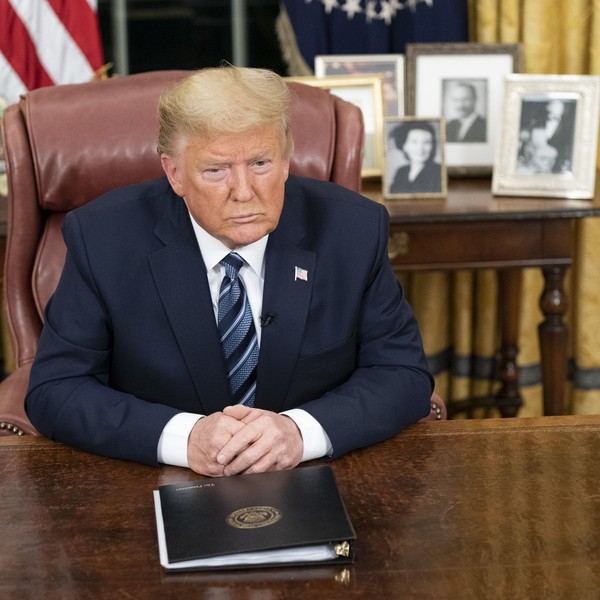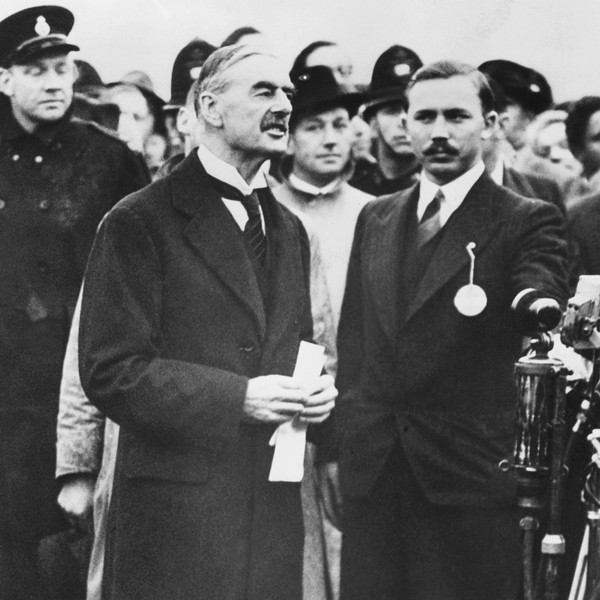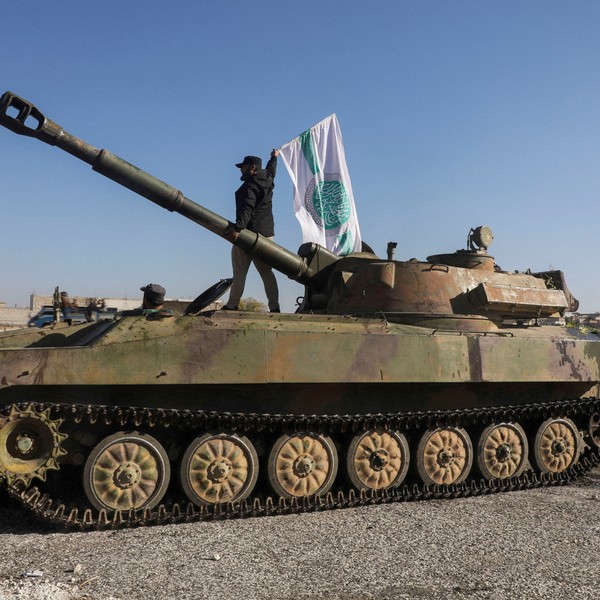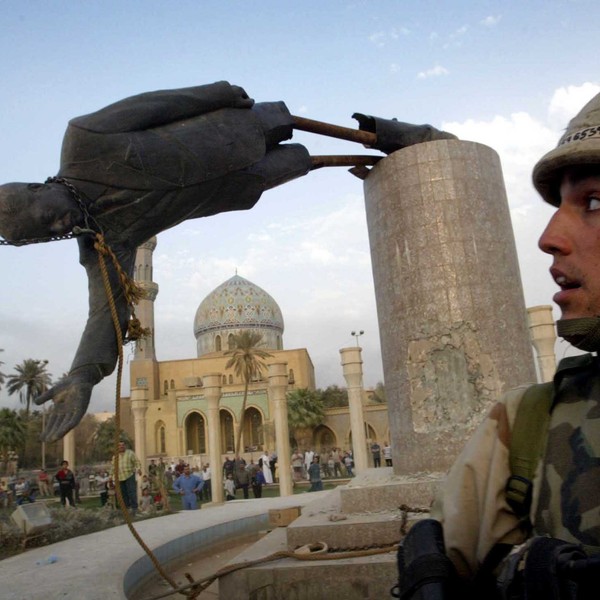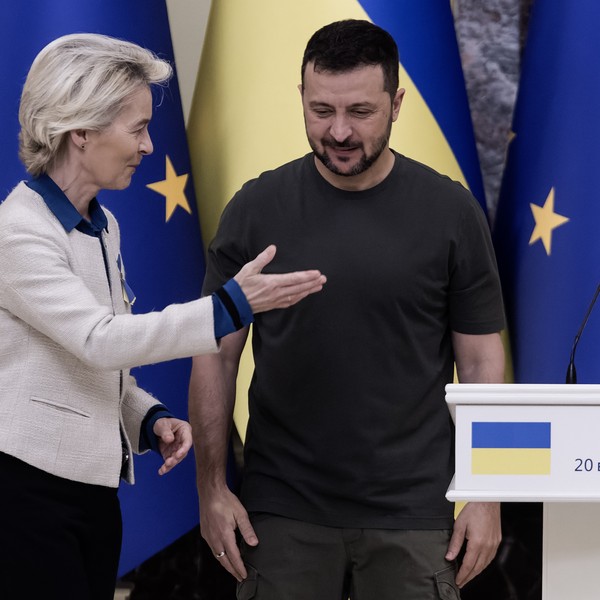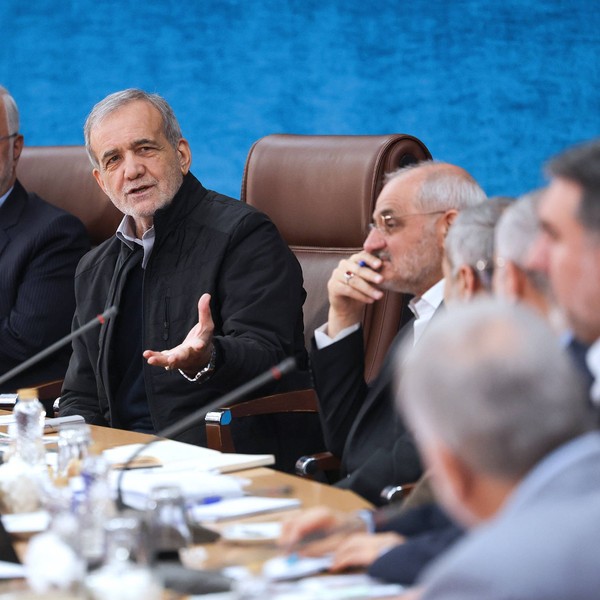China released a peace plan for Ukraine today in a move that could dramatically expand Beijing’s role in the conflict.
The plan, which Chinese officials referred to as a “position paper,” calls for a ceasefire and the resumption of peace talks. It also includes provisions calling for countries to respect the sovereignty of other states while noting that the “legitimate security interests and concerns of all countries must be taken seriously and addressed properly.”
Ukraine has approached the proposal with cautious optimism, calling it a “good sign” for China’s role in the conflict. “We hope they also urge Russia to stop the war and withdraw its troops,” said Ukraine’s chargé d’affaires in China.
Ukrainian Foreign Minister Dmytro Kuleba, who saw the plan’s key points during a meeting with China’s top diplomat, said Tuesday that Kyiv intends to “carefully study it and draw conclusions.” Kuleba also noted that Ukraine’s top priority is its own peace plan, which Kyiv released late last year.
Kuleba’s careful reaction — a far cry from Kyiv’s harsh rebuke of a peace proposal made by Mexico last year — signals that Ukraine could be willing to consider China as a credible mediator despite the country’s close relationship with Russia.
The proposal earned a lukewarm reaction from Western leaders. “If the position paper is a positive sign for Ukraine then it’s a positive sign for the [European Union], although we are studying the paper closely,” said the EU ambassador to China, who argued that the proposal should not be viewed as a full peace plan. The German foreign minister also welcomed the plan earlier this week, noting that China’s place on the UN Security Council means that it “has an obligation to use its influence to secure world peace.”
For its part, the United States has largely dismissed the document. “My first reaction to it is that it could stop at point one, which is to respect the sovereignty of all nations,” said National Security Adviser Jake Sullivan.
As Patrick Wintour noted in the Guardian, the plan will likely earn plaudits from many in the Global South, which has suffered significantly from the war due to its impact on the price of food and other staples. “We cannot limit ourselves to talking about the war,” Brazilian Foreign Minister Mauro Vieira told Wintour. “I am not referring to immediate negotiations – we would have to go step by step, perhaps first create an environment that makes a negotiation possible.”
Meanwhile, there is growing evidence that China isn’t the only superpower pitching a path to peace. Two unnamed Ukrainian officials told Politico Tuesday that CIA Director William Burns did in fact float a peace plan during a meeting with his Russian counterpart last November, a claim that Washington has strenuously denied.
“[T]he officials also confirmed a report that in January, Burns had urged Ukrainian President Volodymyr Zelenskyy to make as much battlefield headway as quickly as he could, because the scale of military support could start falling off,” wrote Politico opinion editor Jamie Dettmer.
In other diplomatic news related to the war in Ukraine:
— On Monday, President Joe Biden made a surprise visit to Kyiv, where he praised Ukraine’s resistance against Russian aggression and pledged more weapons transfers, according to AP News. “I thought it was critical that there not be any doubt, none whatsoever, about U.S. support for Ukraine in the war,” Biden said. “[Russian President Vladimir Putin] thought he could outlast us. I don’t think he’s thinking that right now.”
— Putin announced Tuesday that Russia is suspending its participation in the New START Treaty, the only agreement that sets a cap on the number of nuclear weapons deployed by Washington and Moscow, according to Reuters. While Russia’s foreign ministry later clarified that the Kremlin does not intend to exceed the limits set out in the treaty, the news is a worrying sign that the agreement could collapse before its 2026 expiration date, leaving no binding limits on the world’s two largest nuclear arsenals.
— The UN General Assembly overwhelmingly approved a non-binding motion Thursday calling for an immediate withdrawal of Russian troops from Ukraine, according to Axios. The vote largely fell along the same lines as last year’s measure to condemn Russia’s invasion, with both earning 141 votes in favor; 32 countries abstained. Nicaragua and Mali, which had abstained on last year’s measure, opted to vote against Thursday’s motion.
— Russian weapons were on display alongside systems from Ukraine and the U.S. at a major arms expo in the United Arab Emirates this week, according to AP News. Moscow’s presence at the event — which has a reputation for hosting controversial potential buyers like Libyan General Khalifa Haftar — suggests that the Kremlin is still determined to sell weapons abroad despite severe Western sanctions on its defense sector.
— Calls for greater scrutiny of U.S. aid to Ukraine continue to grow as the war passes its one-year anniversary, according to NPR. “When you spend that much money that fast, there's bound to be problems, there's bound to be leakage,” said John Sopko, who led oversight of U.S. assistance to Afghanistan.
U.S. State Department News
In a Wednesday press conference, Beth Van Shaak — America’s ambassador at large for Global Criminal Justice — pledged to follow through on the recent announcement that Washington had formally found Russia responsible for crimes against humanity. “The United States, together with the international community, is committed to holding those responsible – both the direct perpetrators and the architects of violence – to account, no matter how long this might take,” Van Shaak said.

